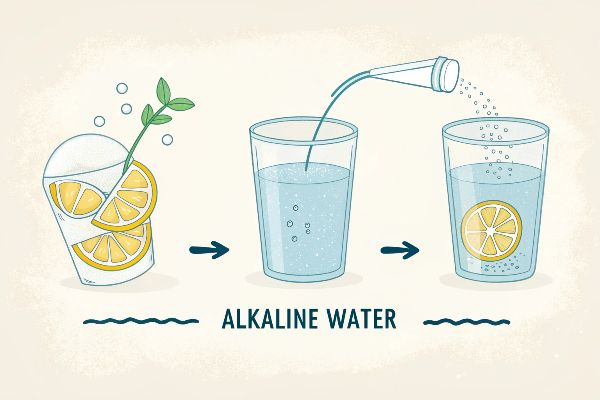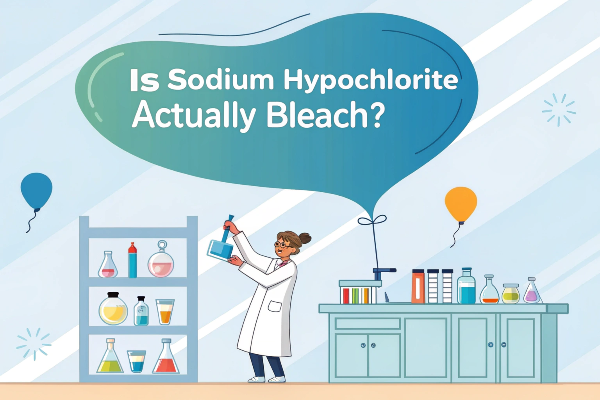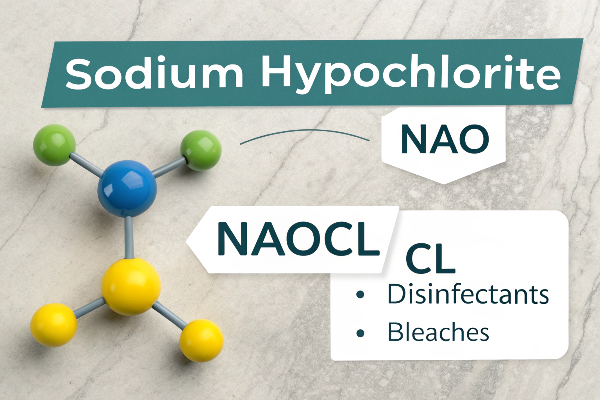In the world of chemical manufacturing, especially in the realm of sodium hypochlorite generators, we often encounter concerns and queries regarding the safety and health implications of our products. As the CEO of a leading company in this field, I feel it’s my duty to address these concerns head-on, providing clear, factual information to our clients and the wider community.
Is there a link between sodium hypochlorite and cancer? This question has surfaced time and again in discussions with clients, particularly those focused on health and safety standards. To answer this, let’s delve into the science behind sodium hypochlorite and its impact on human health.

Sodium hypochlorite is widely used in various industries, including water purification, bleaching, and disinfection. It’s known for its strong oxidative properties, which make it highly effective in killing bacteria and viruses. But does this powerful disinfectant pose a cancer risk?
How Safe is Sodium Hypochlorite?
Research on sodium hypochlorite has been extensive, focusing on its effectiveness and safety. According to studies, when used in regulated amounts, sodium hypochlorite is generally safe and does not pose significant health hazards, including cancer.

What Does the Science Say?
The International Agency for Research on Cancer (IARC), a part of the World Health Organization, classifies chemicals and substances based on their carcinogenic potential. Sodium hypochlorite is not listed as a carcinogen by the IARC or other major health organizations. This indicates that, based on current evidence, there’s no direct link between sodium hypochlorite and cancer.
Studies examining the long-term effects of sodium hypochlorite exposure in industrial and domestic settings have consistently shown no direct causal link to cancer. These studies focus on various factors, including concentration levels, exposure duration, and the chemical’s interaction with other substances.

In addition to cancer research, scientists also investigate the potential for sodium hypochlorite to cause genetic mutations or cellular damage, which could lead to health issues. The consensus remains that, when used correctly and in recommended quantities, sodium hypochlorite does not pose a significant risk of causing such damage.
Are There Any Risks?
Like any chemical, sodium hypochlorite must be handled with care. Its strong oxidative nature means it can be corrosive and irritant if not used properly. While it’s not a carcinogen, mishandling or excessive exposure can cause health issues. As a company, we ensure our products come with comprehensive safety guidelines to mitigate these risks.

Industry Standards and Regulations
In the manufacturing and distribution of sodium hypochlorite, we adhere strictly to international safety standards. Our products are designed to be used within the safety guidelines provided, significantly reducing any health risks, including cancer.
Continuous Research and Development
Our commitment to safety doesn’t end with compliance. We invest heavily in R&D, constantly seeking ways to improve the safety profile of our products. This ongoing research helps us stay ahead of any potential health concerns and ensures that we provide the safest products possible.

Our R&D team collaborates with leading scientific institutions to explore new formulations of sodium hypochlorite that maintain its efficacy while further reducing any potential health risks. These collaborations are vital in pioneering advancements in chemical safety and environmental sustainability.
We’re also investing in developing alternative disinfection technologies that complement sodium hypochlorite. This approach not only diversifies our product range but also addresses various market needs, ensuring that we offer solutions that are both effective and aligned with evolving health and safety standards.

What Can Users Do?
It’s crucial for users, especially those in high-risk environments like hospitals or water treatment facilities, to follow safety guidelines strictly. Proper handling, storage, and usage of sodium hypochlorite are key to minimizing any health risks.
Users should regularly update their knowledge on the proper handling of sodium hypochlorite. Attending training sessions and workshops can be highly beneficial. Staying informed about the latest safety protocols ensures that users are not only compliant with regulations but also proactive in preventing accidents and health risks.

It’s also crucial for users to engage with suppliers for support and guidance. As a manufacturer, we provide detailed documentation and 24/7 technical support to address any concerns. Open communication helps users to utilize sodium hypochlorite effectively and safely, thereby maximizing its benefits while minimizing potential risks.
Conclusion
To sum up, based on current scientific evidence and industry regulations, sodium hypochlorite does not cause cancer. However, as responsible manufacturers, we continue to monitor research and adhere to the highest safety standards to ensure our products are as safe as they are effective.





